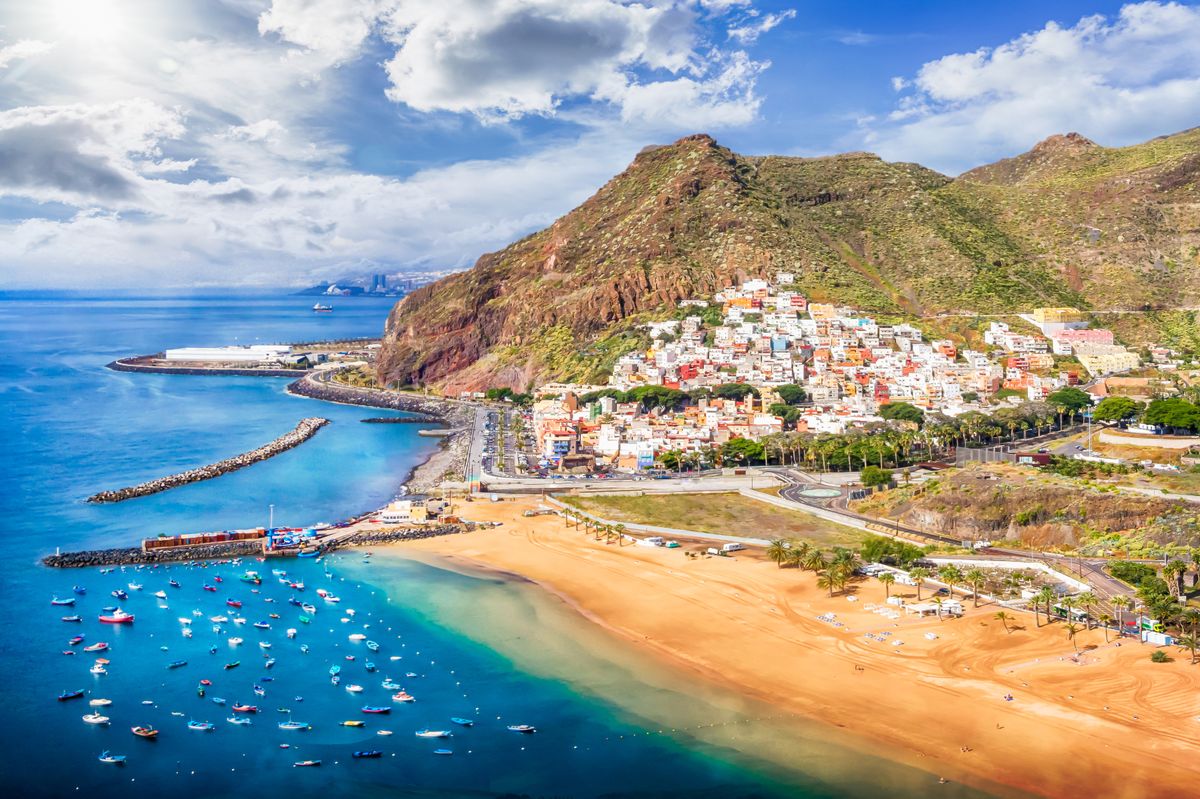The Canary Islands has been included in a ‘No List’ for travel following protests against overtourism in recent years – with holiday lets blamed for rising house prices
The Canary Islands are a firm favourite for Brit holidaymakers thanks to their year-round sun and luxurious resorts.
However, in recent years local residents have launched protests against overtourism on the Spanish islands. People blame rising house prices on holiday lets, and have been left furious about the environmental impact of millions of visitors.
‘Tourists go home’ has been spotted graffitied on locations across the Canary Islands. The slogan has also popped up in popular destinations on the Spanish mainland.
This all led to the Canary Islands being included in a ‘No List’ by travel guide Fodor’s Travel for 2025 – and it’s on the list again for 2026. The publication clarified that the list is “not a call for boycott”, but the aim is “to highlight destinations where tourism is placing unsustainable pressures on the land and local communities“, Manchester Evening News reports.
It said the key issues highlighted by the list are “overtouristed sites, fragile ecosystems and communities struggling to stay afloat”. Fodor’s said: “The No List serves a gentle but pointed nudge to ease up on a spot for now–not forever–and give a rest to any location that clearly needs a breather.”
Regarding the Canary Islands, it cited that tourism has soared in 2025, with 7.8million visitors arriving in the islands and more than 27million airport passengers processed in the first half of the year, a five per cent increase on the previous years. Fodor’s points out that tourism contributes to more than a third of the Canary Islands’ GDP and employs roughly 40 per cent of its population, “yet success comes at a price”.
The impact of visitors on traffic, housing (such as driving up rental prices), damage to the natural environment and water scarcity is felt by the local population. The guide said: “Academics and experts warn that the combination of rising visitor numbers and a warming climate is unsustainable.”
It added: “For many Canarians, tourism is both a lifeline and a burden. The islands rely heavily on visitor spending, yet locals often see little of it. “
Last year other Spanish destinations Barcelona and Majorca, however, they have not been featured this year. But Fodor’s adds this doesn’t mean that tourists should descend upon them in their thousands. The publication said: “These destinations haven’t been magically cured–they’re still mired in challenges–but the usual suspects too often pull focus from other hotspots in need of a break.”
Alongside the Canary Islands, Antarctica, Glacier National Park (USA), Isola Sacra (Italy), The Jungfrau Region (Switzerland), Mexico City (Mexico), Mombasa (Kenya), Montmartre (Paris, France) also feature in this year’s ‘No List’.

